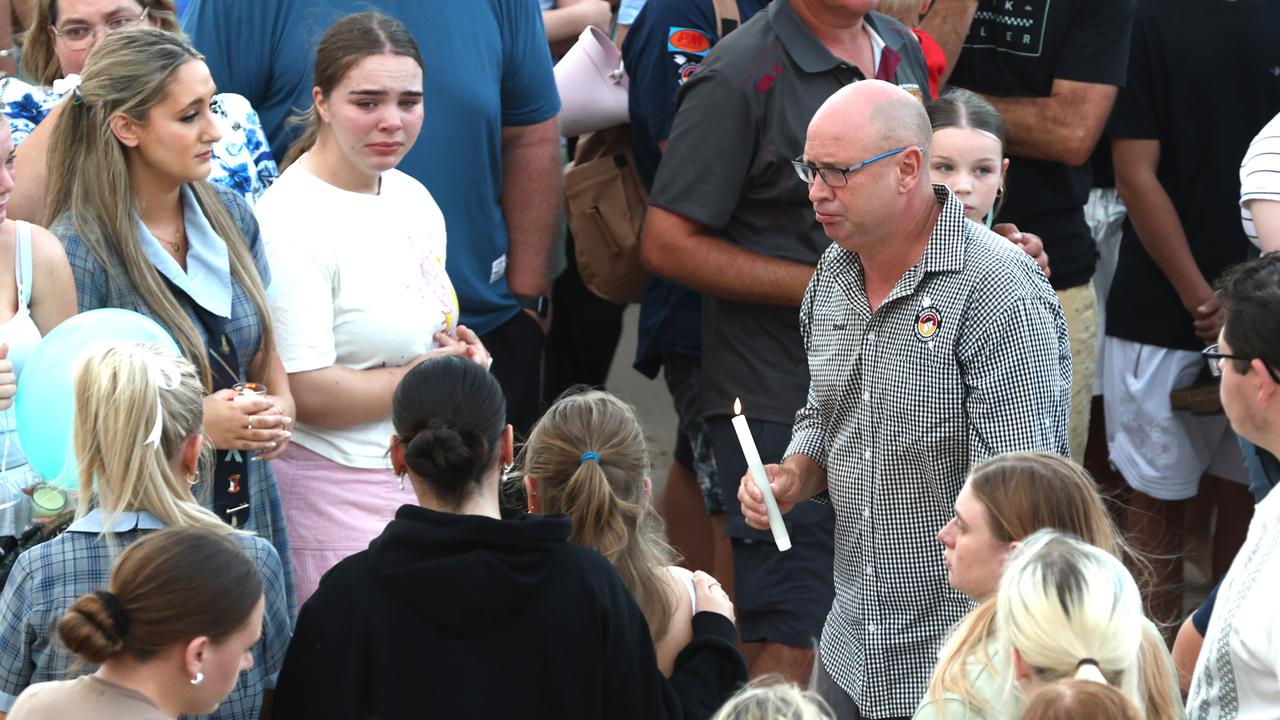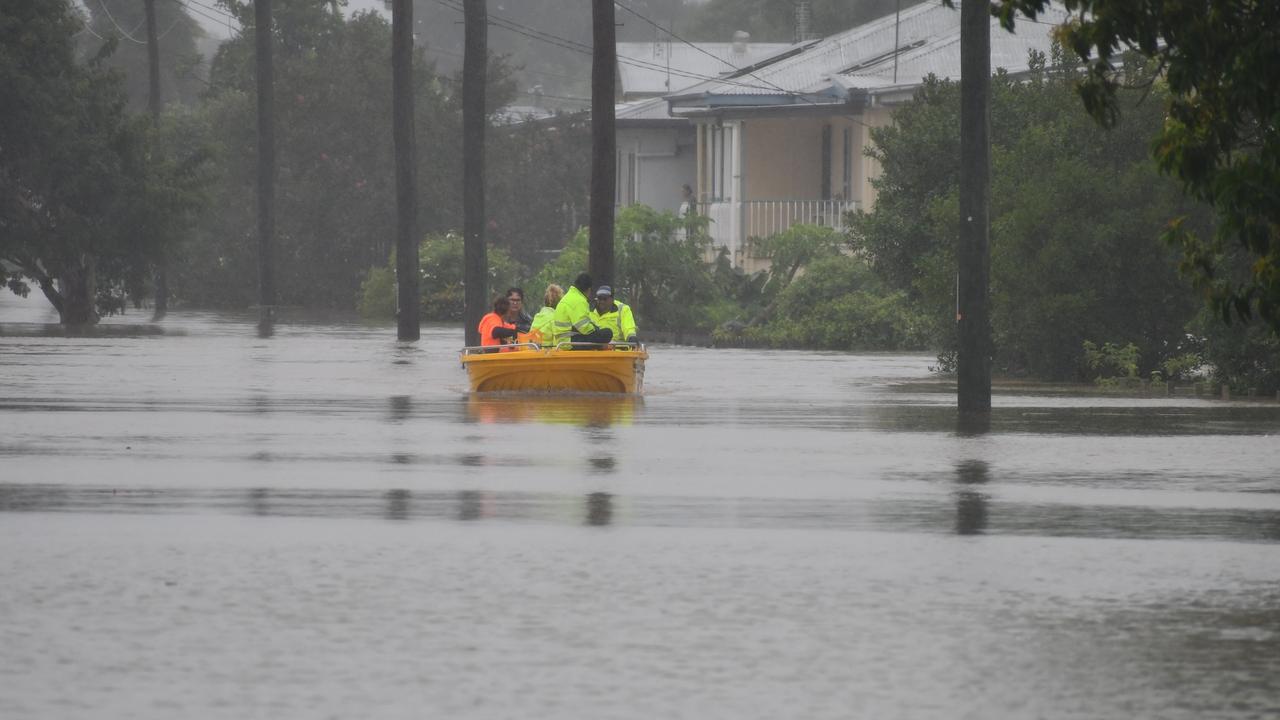‘GP obstetricians’, overseas doctors needed to fix rural maternity crisis
Queensland is failing to attract foreign doctors to ease our maternity crisis, new data shows. It comes as experts outline how to fix the crisis.
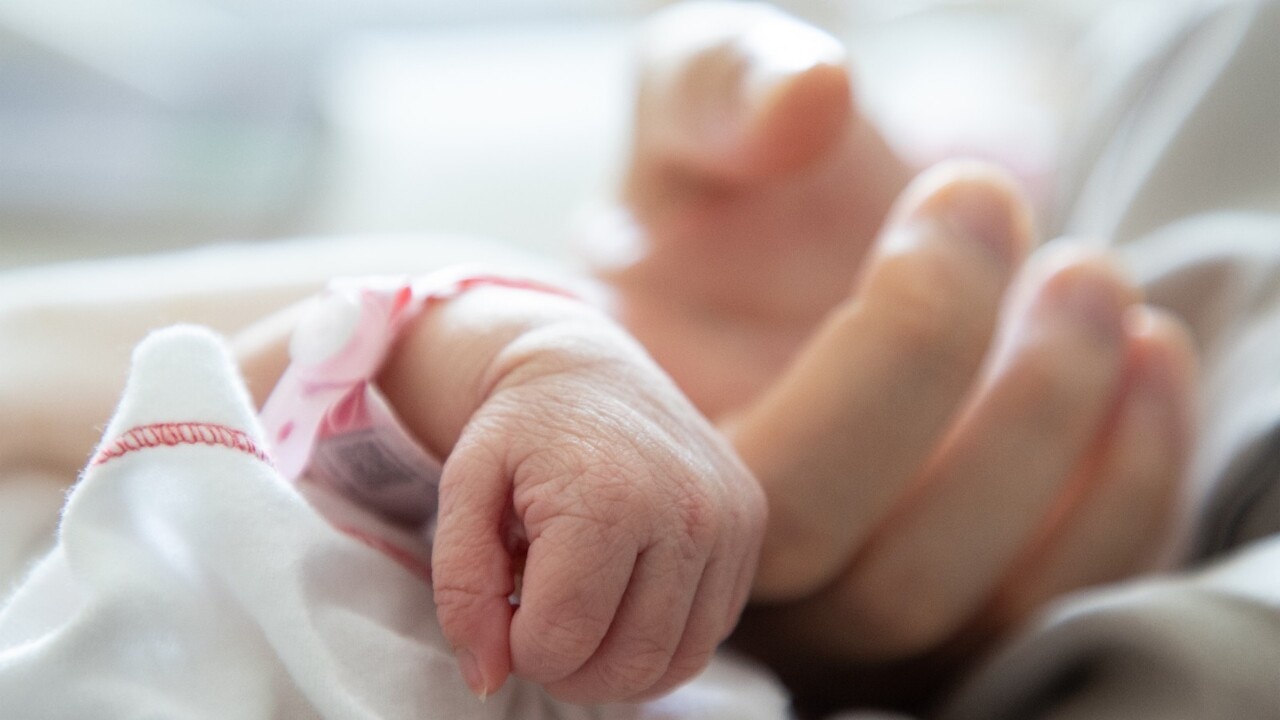
QLD News
Don't miss out on the headlines from QLD News. Followed categories will be added to My News.
Maternity units need to be better resourced to attract more specialist doctors, upskilled “GP obstetricians” should be trained up, while a more attractive path is needed to bring in the overseas-trained health professionals to address Queensland’s regional birthing crisis, according to the peak body for obstetricians.
New data reveals fewer than five obstetricians or gynaecologists were granted skilled visas to work in Queensland in 2021-22, compared to 28 in NSW, 11 in Victoria and six in WA.
A growing number of maternity units in Queensland have been closed or put in bypass in regional areas of the state in recent years, including recently in Gladstone.
It has forced women to risk having to travel more than 100km to give birth.
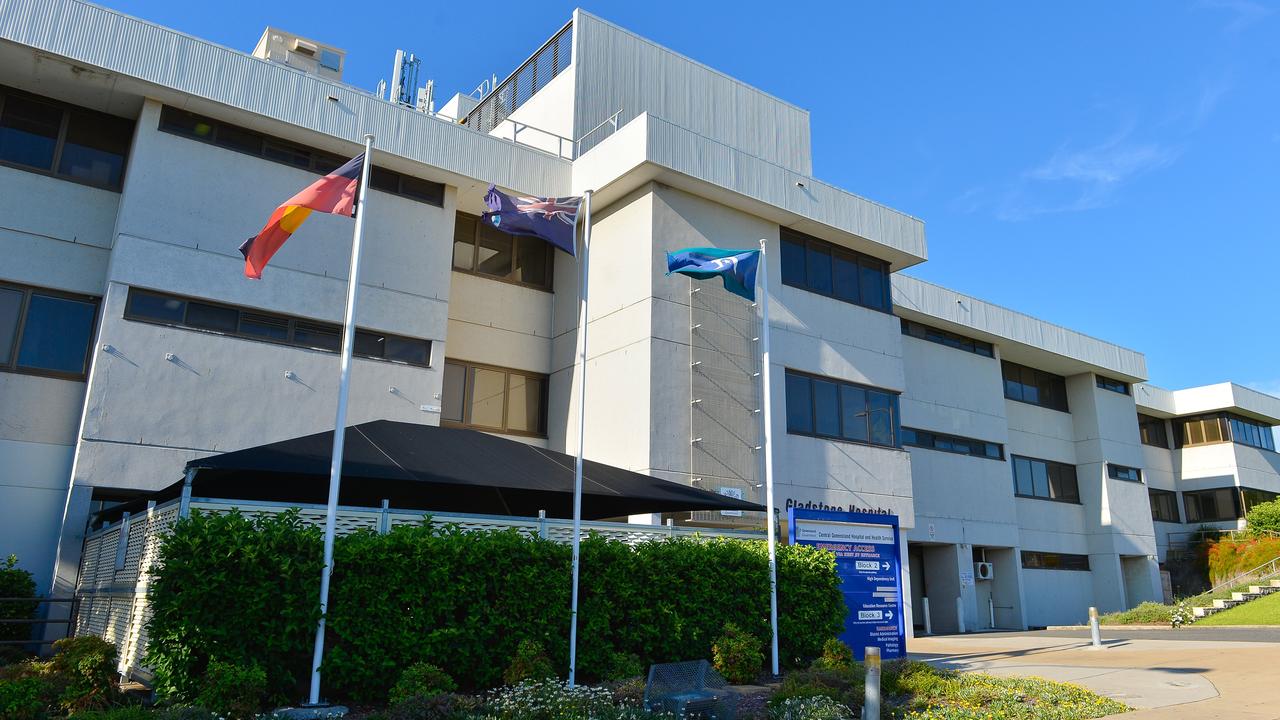
A Royal Australian and New Zealand College of Obstetricians and Gynaecologists spokesman warned forcing regional families to regularly seek medical services far from home was time-consuming, expensive and separated people from their community when they were vulnerable.
“Women in rural, regional and remote Australia experience unique challenges when accessing women’s health and gynaecological services, compared to their counterparts in metropolitan areas,” he said.
“This results in inequitable access to services due to geographical isolation.”
He called for a range of options to be considered, including that the Federal Government’s review into international health practitioner registration and qualification recognition should consider streamlining this process.
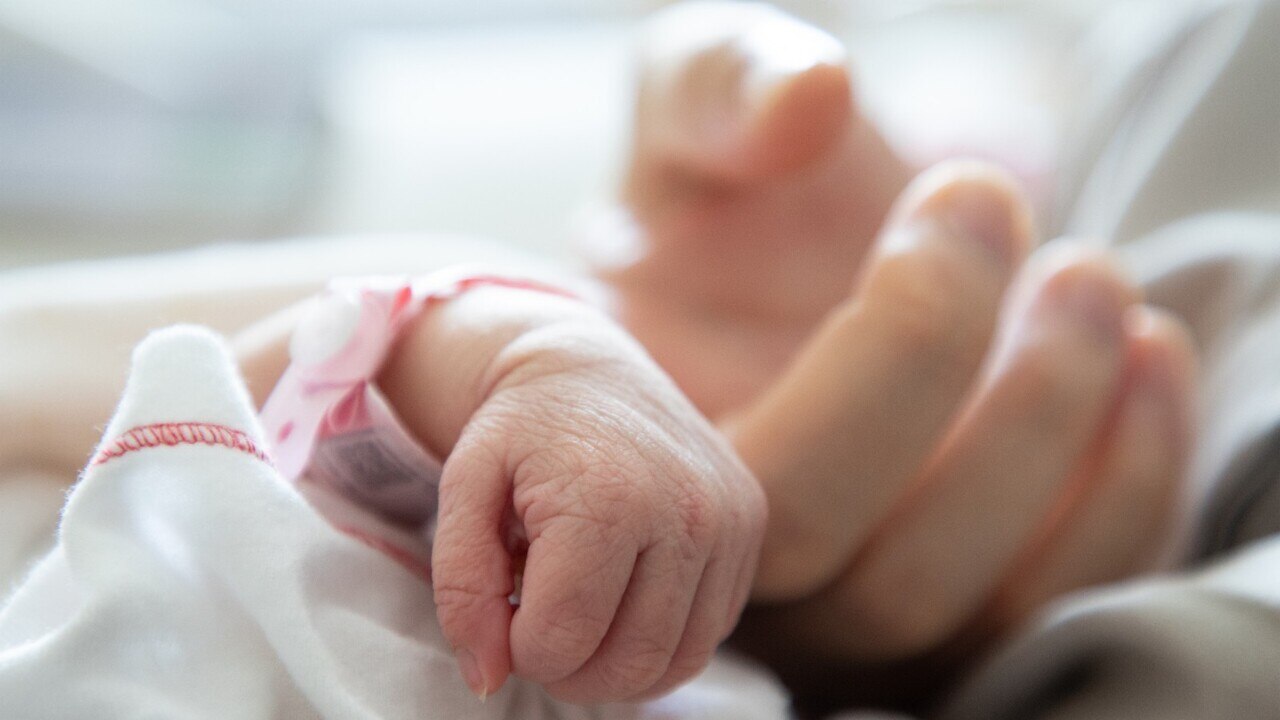
The spokesman said upskilling medical professionals with maternity-related services in non-metropolitan areas, including doctors with advanced skills in obstetrics known as GP obstetricians, also needed to be on the table.
“Maternity services made up of these professionals – adequately trained – will in turn attract the people who support them, including specialist obstetricians and gynaecologists,” he said.
Federal Health Minister Mark Butler’s spokeswoman said the review into international medical practitioner registration would be provided to national cabinet early this year.
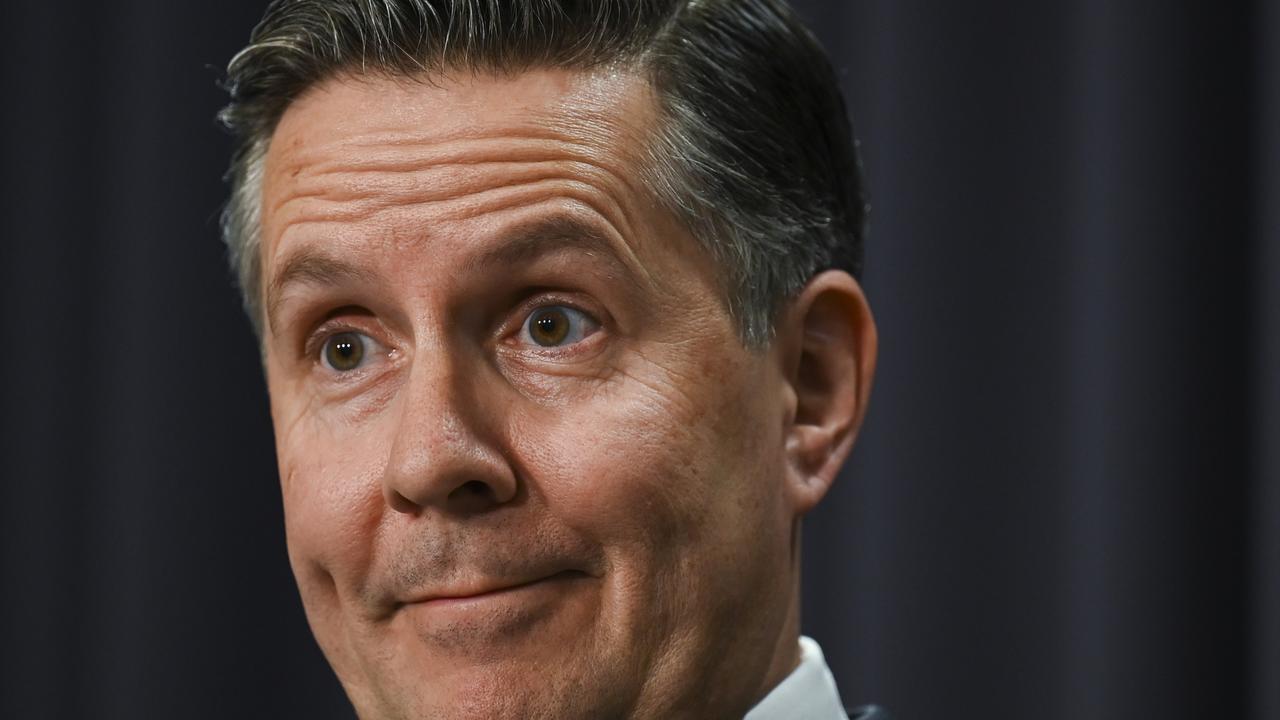
“The number of internationally trained practitioners arriving to work in Australia is rising back to pre-pandemic levels, supported by an increase in domestic graduates and contributing to the largest health workforce in Australian history,” she said.
She said the Federal Government was funding a $28 million specialist training program, which included $1.8 million in support for general practitioners in rural communities to attain procedural skills in obstetrics and anaesthetics.
There is another $4 million from that going towards an obstetrics and gynaecology education and training pilot project.
“This program will increase support for (rural generalist) and GP registrars and doctors in regional, rural and remote Australia to attain advanced skills,” she said.
“Advanced skills will include procedural areas such as obstetrics, anaesthetics, surgery and emergency care and non-procedural areas such as mental health, palliative care and paediatrics.”
More Coverage
Originally published as ‘GP obstetricians’, overseas doctors needed to fix rural maternity crisis





